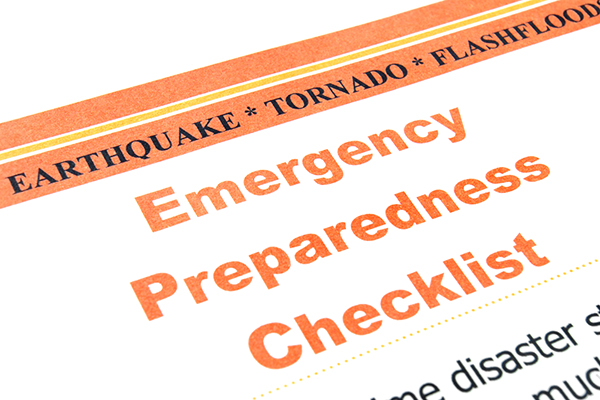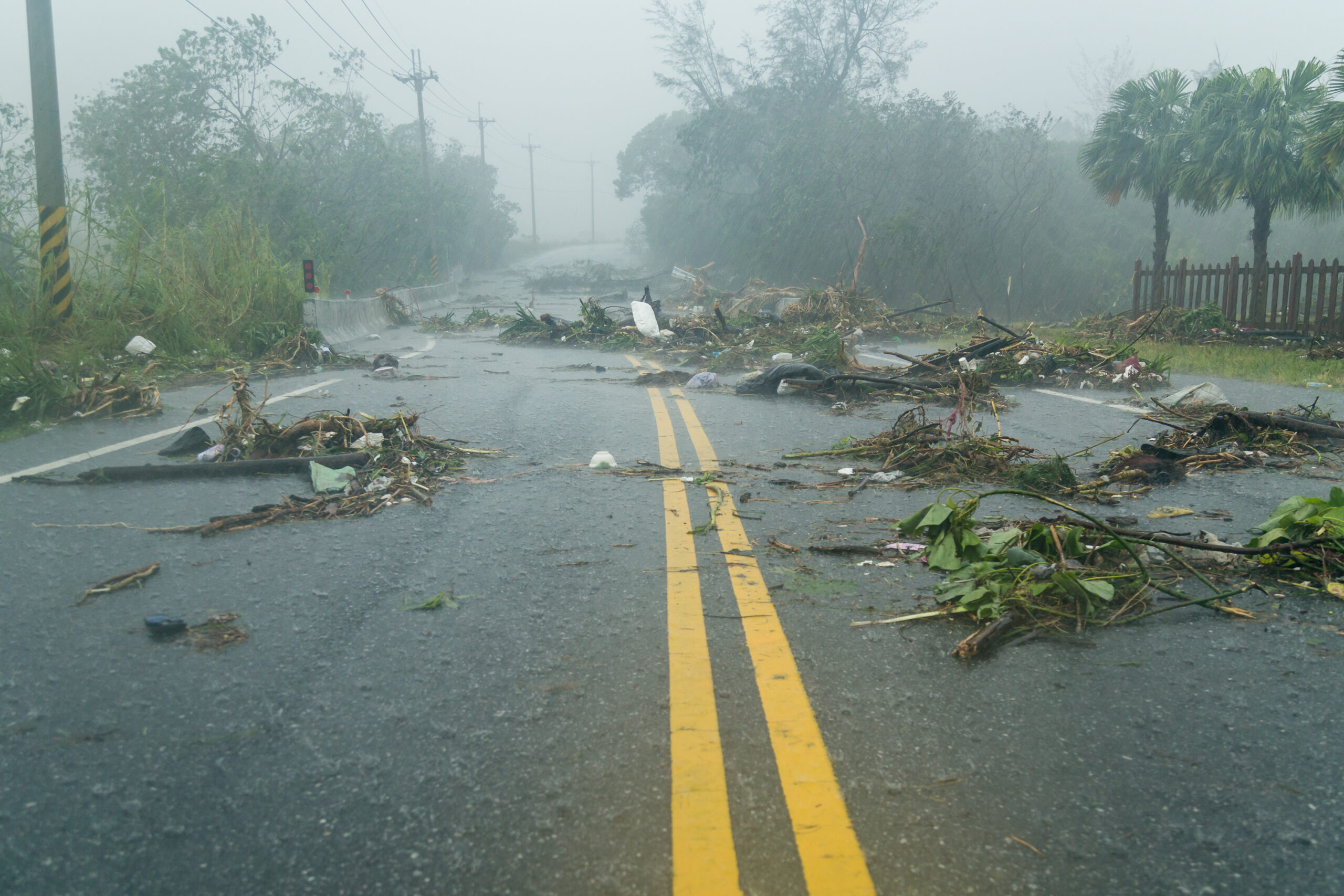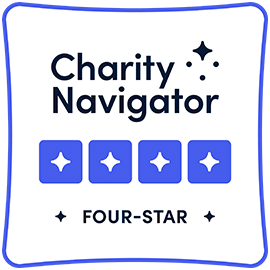Disaster Tip Sheet: Tornadoes
Preparing Your Health for Tornadoes
- View Healthcare Ready’s blog on the refill-too-soon laws by state.
- If you live in a tornado-prone region (like the Midwest and the Southeast), sign up for tornado warning systems and make sure you know how the tornado siren sounds
- You can follow Weather.gov/Alerts for alerts
- Understand the warning signs and sounds of a tornado
- Know the difference between a tornado watch and a warning
- Tornado watch: This means current weather conditions could lead to a tornado – this is the time to head to a safe location to avoid the storm
- Tornado warning: This means a tornado has been sighted – this is the time to seek shelter immediately
- Practice using a safe shelter or alternative location
- Keep a list of your local healthcare facilities, with addresses, phone numbers, and emails/websites
- Consider these facilities:
- Hospitals/ERs
- Pharmacies
- Urgent care clinics
- Keep a list of helpful hotlines
- Healthcare Ready: 1-866-247-2694
- FEMA Disaster Assistance Helpline: 1-800-621-3362
- Disaster Distress Helpline: 1-800-985-5990 (or text “TalkWithUS” to 66746)
- Kidney Community Emergency Response (KCER): 1-866-901-3773
- Red Cross: 1-800-733-2767
- American Diabetes Association: 1-800-342-2283
- American Heart Association: 1-800-242-8721
- American Association of People with Disabilities: 1-800-840-8844
- American Stroke Association: 1-888-478-7653
- Make sure you know your prescription medication and health information – use Rx on the Run to keep a list of your prescriptions
- Rx on the Run is a personalized wallet-sized card that lists your prescriptions with the latest dosage and instructions
- Visit HealthcareReady.org/Rx-on-the-Run to fill yours out!
Protecting Your Health During a Tornado
- Take shelter in a safe room on the lowest level without windows
- If you are not inside during a tornado, cover your head and neck with your arms, and use a coat or blanket to protect your body
Recovering After a Tornado
- Avoid breathing in harmful dust by covering your mouth
- Check your home for damages, including pipe leaks and gas leaks
- Use caution when cleaning up debris and don’t overexert yourselfAlways wear gloves, masks, and protective eyewear, and beware of glass, nails, and other sharp objects
- If you are cut or scraped, clean and disinfect the wound thoroughly and keep it covered, especially if you have cancer or are otherwise immunocompromised
- Contact family and friends to let them know you are safe
- Use text messages instead of phone calls to avoid breathing in dust and because phone lines might be down
- Check in on your loved ones that may need support
- If there is a disaster declaration, you can also try to apply for FEMA Disaster Assistance for financial support by calling 800-621-3362 or visiting DisasterAssistance.gov
Other Disaster Tip Sheets

Download our Tornado Tip Sheet here:
This Tip Sheet was created thanks to the generous support of Eli Lilly







